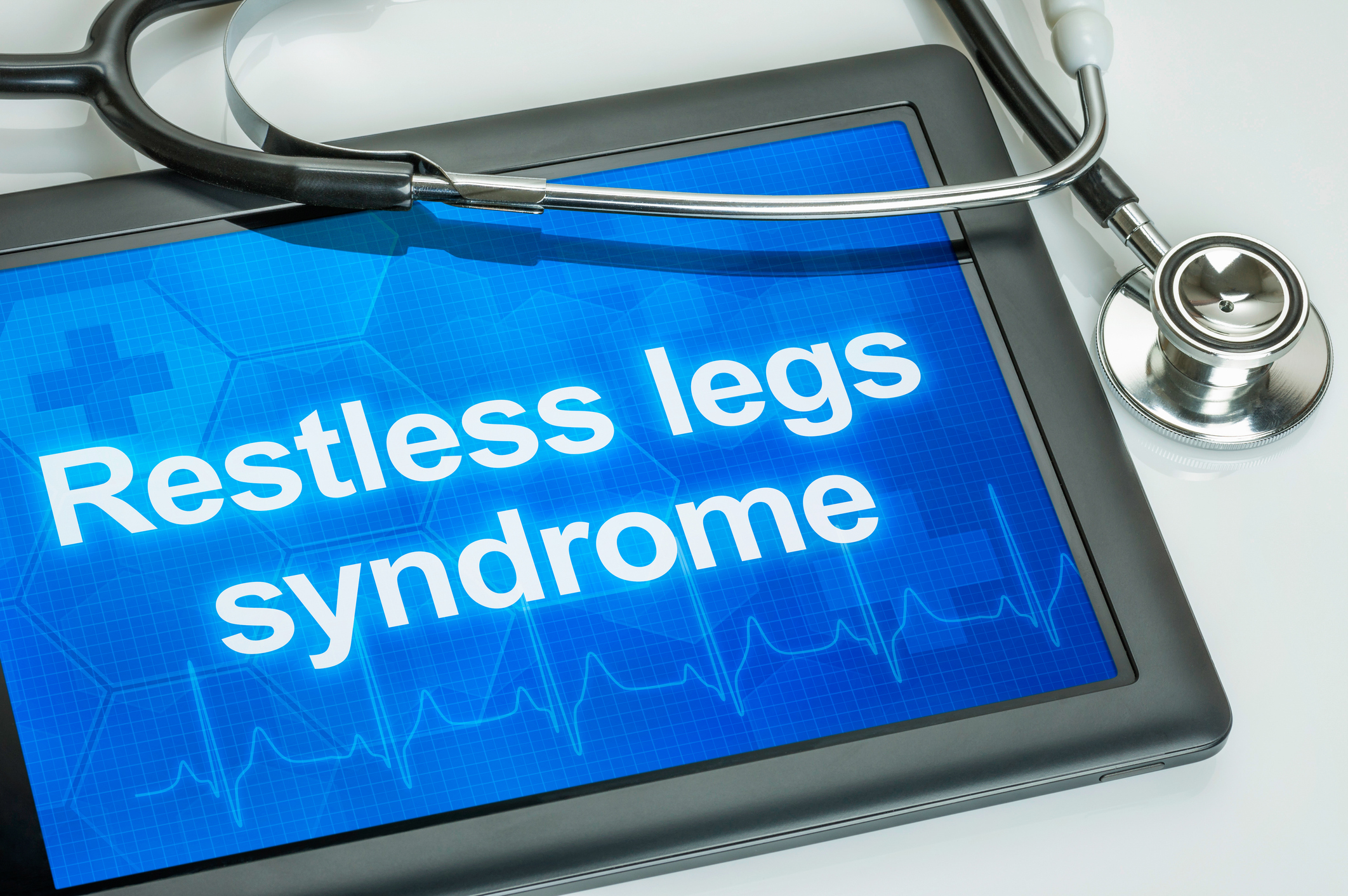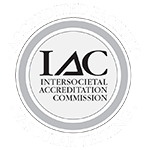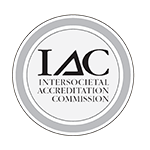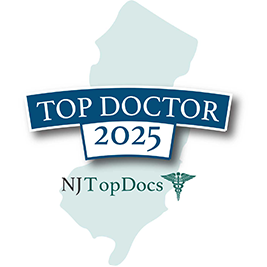
While Restless Legs Syndrome (RLS) is considered primarily a sleep disorder since it interferes with sleep, there are also issues that affect your vascular health. As part of our education mission at the Vein Institute of New Jersey, we have provided an overview of this syndrome, some of the causes, and some of the treatments.
What is Restless Legs Syndrome?
Restless Legs Syndrome is generally a long-term disorder that causes a strong urge to move one's legs.
If you have RLS, you are not alone. It is estimated that 7–8 percent of the US population is living with the condition, affecting more people than even type 2 diabetes.
People with restless legs syndrome have uncomfortable sensations in their legs (and sometimes arms or other parts of the body) and an irresistible urge to move their legs to relieve the sensations. The condition is sometimes described as "itchy" and feeling like "pins and needles" in the legs. The sensations are usually worse at rest, especially when lying or sitting.
Symptoms can come and go and severity can vary. The symptoms are generally worse in the evening and at night. For some people, symptoms may cause severe sleep disruption that can significantly impair their quality of life.
Who Gets Restless Legs Syndrome?
It affects both males and females, but is more common in women and may begin at any age, even in young children. Most people who are affected severely are middle-aged or older.
RLS is often unrecognized or misdiagnosed. This is especially true if the symptoms are intermittent or mild. Once correctly diagnosed, RLS can often be treated successfully.
Causes of Restless Legs Syndrome
In most cases, we do not know the cause of restless legs syndrome; however, it is believed genes play a role. Nearly half of people with RLS also have a family member with the condition.
Other factors associated with the development or worsening of restless legs syndrome include:
- Chronic diseases: Certain chronic diseases and medical conditions, including iron deficiency, Parkinson’s disease, kidney failure, diabetes, and peripheral neuropathy, which is a vascular disease causing a loss of sensation in the feet and toes. Neuropathy can occur when blood flow to the arms and legs is hindered by inflammation, blood clots, or other blood vessel disorders. Decreased blood flow deprives the nerve cells of oxygen, causing nerve damage or nerve cell death.
- Medications: Some types of medications, including anti-nausea drugs, antipsychotic drugs, some antidepressants, and cold and allergy medications containing sedating antihistamines, may worsen symptoms.
- Pregnancy: Some women experience RLS during pregnancy, especially in the last trimester. Symptoms usually go away within a month after delivery.
Other factors, including alcohol use and sleep deprivation, may trigger symptoms or make them worse. Improving sleep or eliminating alcohol use in these cases may relieve symptoms.
How Do I Know If I Have Restless Legs Syndrome?
There is no medical test to diagnose RLS; however, blood tests and other exams may be used to rule out other conditions. The diagnosis of RLS is based on a patient’s symptoms, family history, medication use, the presence of other symptoms or medical conditions, or problems with daytime sleepiness.
Treatment for Restless Legs Syndrome
Treatment for RLS is targeted at easing symptoms. In people with mild to moderate restless legs syndrome, lifestyle changes, such as beginning a regular exercise program, establishing regular sleep patterns, and eliminating or decreasing the use of caffeine, alcohol and tobacco, may be helpful. Treatment of an RLS-associated condition also may provide relief of symptoms.
Other non-drug RLS treatments may include:
- Leg massages
- Hot baths or heating pads or ice packs applied to the legs
- Good sleep habits
- A vibrating pad called Relaxis
Medications may be helpful in treating RLS, but the same drugs are not helpful for everyone. In fact, a drug that relieves symptoms in one person may worsen them in another. In other cases, a drug that works for a while may lose its effectiveness over time.
Although there is no cure for restless legs syndrome, current treatments can help control the condition, decrease symptoms, and improve sleep. Although there is no cure for restless legs syndrome, current treatments can help control the condition, decrease symptoms, and improve sleep. One study conducted by the National Institutes of Health (NIH) found an association between venous reflux and RLS and those treated with sclerotherapy had improvement of RLS symptoms. In fact, the study concluded that venous procedures, such as endovenous radiofrequency ablation (RFA) and ultrasound-guided foam sclerotherapy, that correct superficial venous reflux should be considered as therapeutic treatment options for patients with RLS.
If you have concerns about your vascular health and think RLS may be a part of it, contact one of our vascular doctors for a consultation. Especially if you’re diagnosed with Peripheral Artery Disease (PAD), where some of the symptoms can correlate with RLS. We would be happy to speak with you.







_2.jpg)